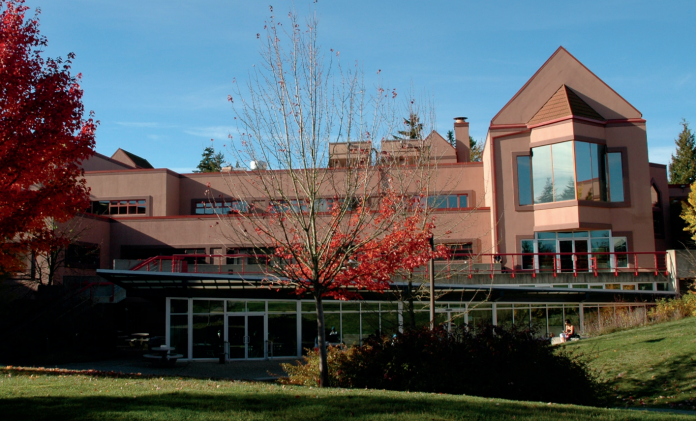UFV Senate approved two new bachelor programs — a bachelor of environmental studies (BES) and bachelor of environmental studies in natural sciences. The programs will now await approval by the Ministry of Advanced Education and are expected to run in Fall 2017.
The program was created to meet a growing demand for an environmental program that would look at strategies for environmental research and problem-solving locally and globally.
“It is unique to our region, there’s no other program like it in the Fraser Valley,” said Eric Davis, provost and vice president, academic.
Bachelor-level courses in environmental studies are common across North America but are typically offered within a bachelor of arts degree program. The BES and BES (natural sciences) degrees were created separately to allow more flexibility in developing the natural sciences focus within the program.
Within the province, environmental studies programs vary widely in areas of focus, specialization, and degree credentials. Currently, only three universities offer stand-alone degrees in environmental studies; all other environmental studies programs are offered as majors in a bachelors of arts or a bachelor of science program.
“Because we’re in an agricultural region, environmental questions dealing with urban / rural relations, water quality, the impact of contaminants on fish and other wildlife, all of those issues are very pressing in the Valley,” said Davis.
Both programs will have a strong interdisciplinary focus. BES (natural sciences) will involve a stronger focus on hard sciences requiring more classes in chemistry, GIS training, and several other low-level science classes than the non-natural sciences equivalent.
The field of environmental studies is naturally politically driven and often concerned with the allocation of resources as well as cultural relationships to the environment. Because of this, both courses strongly lean on social sciences and humanities for problem-solving. It will also help students to attain the methodological tools and conceptual approaches needed for a career in a related field.
“It’s got a lot of applied field opportunities for students and it has a regional focus so students will be able to work on environmental issues in the Fraser Valley in particular,” said Davis.
The program will also look to focus on the particular needs of the Fraser Valley. This may includes issues related to agriculture and food security, climate change, land use planning / GIS, and environmental communications.
“It’s obviously a growth area,” said Davis. “The environment’s not going to disappear as a major public policy question and the jobs aren’t going to disappear either.”


